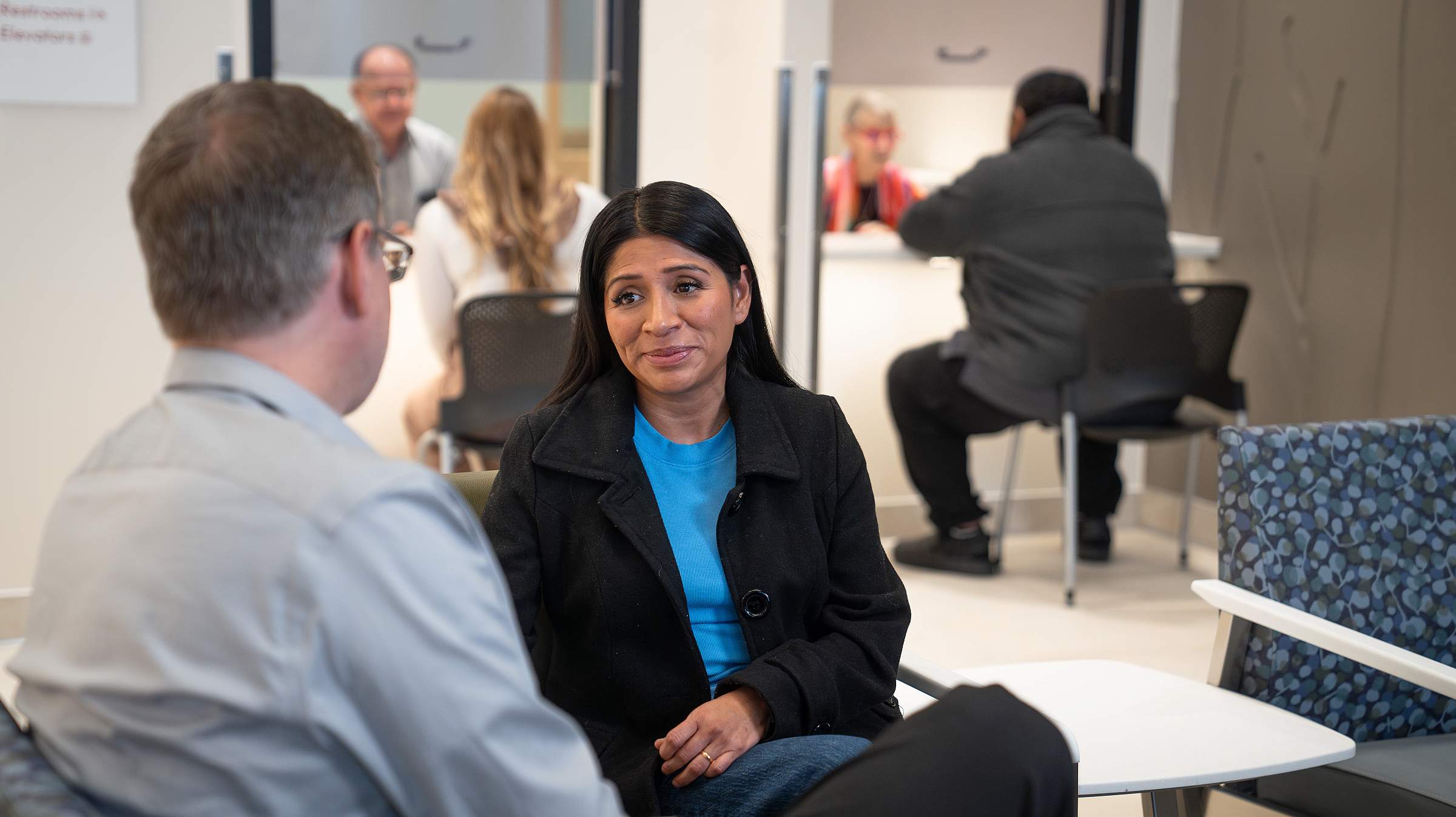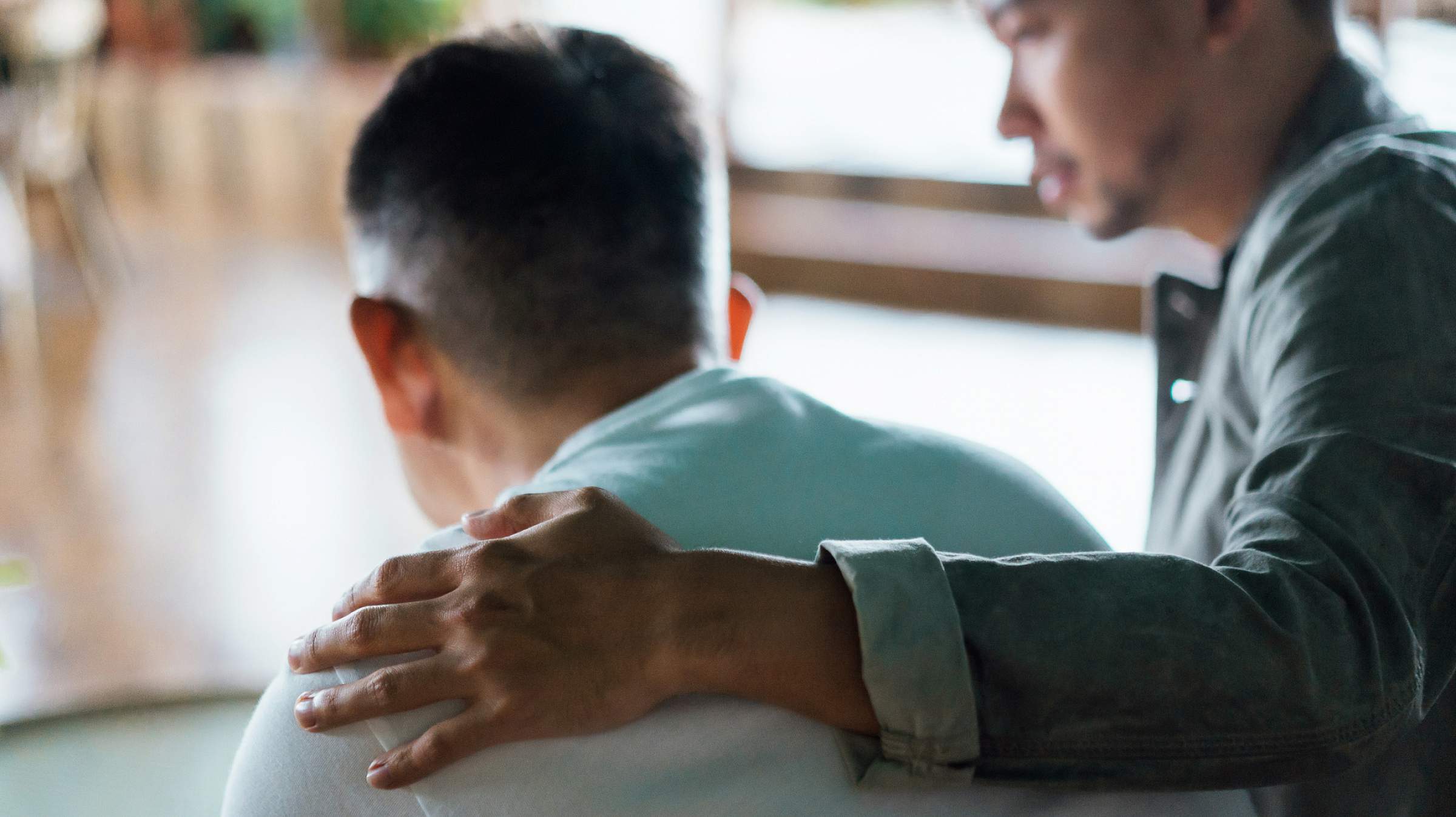
What Is Body Shaming and How Does It Impact People?
Body shaming is often defined as saying unkind remarks about the way someone’s body looks. Yet it encapsulates so much more than that, especially in the age of social media. Comments about someone’s appearance can harm the person receiving them—but seeing body shaming comments directed at others on social media can also be emotionally damaging, particularly to young people.
Recently, celebrities and athletes—Lena Dunham, Sydney Sweeney, Millie Bobby Brown, and Ilona Maher—have been open about hurtful comments they’ve received about their appearances. Their testimonies demonstrate how body shaming is a cultural epidemic that can cause extreme emotional harm.
Understanding Body Shaming
Sometimes, body shaming can be subtle. Comments about someone’s body don’t have to be made directly at a specific person or be ill-intentioned to be harmful.
“It’s really important to have a bigger understanding of what body shaming can encompass,” says Kristin Francis, MD, a child and adolescent inpatient psychiatrist at Huntsman Mental Health Institute at the University of Utah. “We naturally just think it means being critical of a bigger body, but it includes comments about any physical attributes, and those comments can be very hurtful.”
Examples of less obvious body shaming include:
- Making comments about how much or how little food someone is consuming.
- Telling someone they shouldn’t wear certain clothing, makeup, or hairstyles because of how it’ll look on their body.
- Bringing up physical differences in body parts such as “your nose is so big” or “you have such tiny ears.”
- Backhanded compliments like “I can’t believe how different you look” or “I could never feel good in a skirt that short.”
- Making assumptions about someone’s health based on the size of their body.
- Being critical about your own body or someone else’s body, including public figures.
Effects on Mental Health
While children and teens are particularly vulnerable to negative mental health outcomes from body shaming, it can affect people of all ages, genders, and body types.
Exposure to body shaming can lead to:
- Depression
- Anxiety
- Eating disorders, including anorexia, bulimia, or binge eating disorder
- Body dysmorphic disorder (BDD)
- Low self-esteem
- Self-harm or suicidal ideation
Social media being broadly accessible has caused a significant increase in mental health conditions in adolescents. According to a study by the Pew Research Center, 48% of teenagers in the U.S. say they believe social media has negatively impacted their mental health.
“Rates of depression and anxiety are much higher among people who are looking at social media, especially appearance-based social media,” Francis says. “It can be very focused on the perception of beauty and an ideal body type, especially along gender norms, so I think most kids from a young age are given subtle messages of what is desirable and what is not desirable.”
Choosing Your Words
As a parent, you can model healthy behaviors that will encourage your children to have a positive body image and learn to be kind to others as they grow into adulthood. These behaviors include:
- Avoiding body talk—positive or negative—about any physical attributes.
- Eating a varied diet with a focus on mindful eating by paying attention to how our bodies feel and what they need.
- Prioritizing movement for the sake of enjoyment, mood management, or maintenance of body function, as opposed to offsetting food choices or for weight loss.
- Avoiding making comments about the size, shape, or appearance of their body, or anyone else’s body.
- Exposing them to body diversity in the media they consume.
- Focusing on the function of bodies, not the appearance.

Say This, Not That
Instead of saying this: “I look so fat in this outfit.”
Try this: “I’m going to change because my body doesn’t feel comfortable in this outfit.”
Instead of saying this: “I’ve gained weight. I should start working out.”
Try this: “I think I’ll move my body today because I like the way it makes me feel.”
Instead of saying this: “She’s all skin and bones” or “He’s let himself go.”
Try this: “Everyone’s body is different. We don’t make comments about what someone’s body looks like.”
Instead of saying this: “I shouldn’t eat this. I’ll get fat.”
Try this: “I’m wanting something crunchy and salty. I think I’ll eat some chips.”
Instead of saying this: “Look at your skinny little legs!”
Try this: “Your legs helped you do a lot of playing at the playground today!”
Someone’s worth is not dictated by what their body looks like. Teaching your child to have a positive body image can help protect their mental health and encourage kindness.
Where to Go When You Need Mental Health Help Right Away
A mental health crisis does not always require a hospital bed, but it does require compassion and professional support. Learn how the Kem and Carolyn Gardner Mental Health Crisis Care Center offers immediate help—no appointment or referral needed.
Utah's New Mental Health Crisis Center Offers Immediate Support for Adults in Distress
You do not need to be suicidal or in psychosis to be in crisis. A mental health crisis can mean overwhelming anxiety, grief that would not lift, or a stretch of time when functioning feels impossible. Designed to be an alternative to ER visits or jail, the new Huntsman Mental Health Institute facility is open to any adult in need, no appointment required.
Emergency Mental Health Care Without Going to the ER: How Utah’s MCOT Comes to You
Crises do not wait for appointments—and neither does the Mobile Crisis Outreach Team. Learn how this no-cost, judgment-free service is helping Utahns avoid unnecessary ER visits and navigate moments of crisis with real-time, compassionate care.








